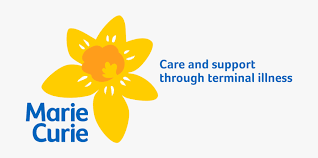Encourage the person to talk about how they’re feeling and listen without judgement.
To help assess how someone is feeling, ask the person how they are?
Activities such as listening to music, massage, looking at photos, or anything the person enjoys doing, could help them to feel more relaxed and able to talk about their emotions.
Taking time to get to know the person and understand their experiences and individual circumstances helps to build a strong relationship.
If it’s appropriate and the person consents, for example, holding their hand / touching their arm, can help them to feel safe and supported.
You can ask the person how they prefer to be supported emotionally – some people prefer a more ‘upbeat’ approach, while other people may prefer you to just be there and listen to them.
Suggest the person prepares a memory box to help them to know that they’ll still be part of their loved ones’ lives after they die. A memory box can be a place to hold objects, letters and gifts for their loved ones. They can also prepare videos or sound recordings.
Encouraging someone to express their wishes about their care in advance can help them feel more in control. You might find it helpful to share information on anticipatory care planning / advance care planning.
Find out about local support services
It’s helpful to be aware of your local support services – for example through the healthcare team - before you discuss someone’s needs. This will help you to find the best help as quickly as possible.



